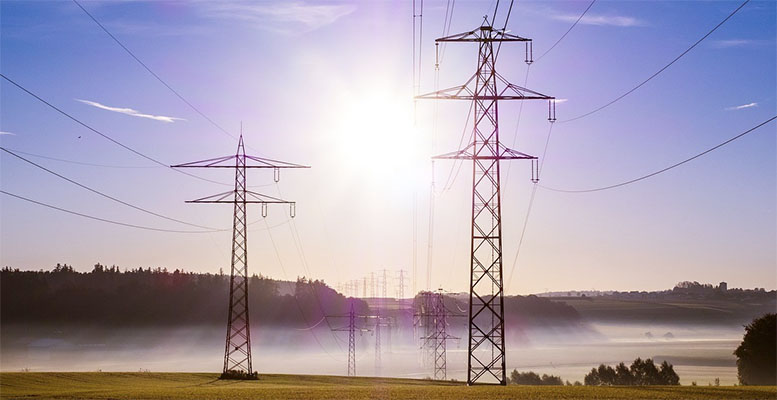The diversity of opinions on the need for measures to reduce the cost of electricity bills prevented the European Council from making progress at last week’s summit, held last week. A small group of countries, including Spain and France, advocated specific measures, with proposals such as the French one to consider nuclear energy as green, or price limits or wholesale market reforms in the case of Spain. On the other side, Germany and the Netherlands consider the rise to be transitory and do not believe that substantial reforms are necessary.
The government has asked the European Union to be able to leave the system for setting the price of electricity. In a document setting out its position at yesterday’s meeting of energy ministers in Luxembourg, the government requests the European Commission to be able, as an “exceptional measure”, to “decouple” electricity market prices and limit the price of gas. “In exceptional situations, Member States must be able to adapt the formation of the electricity price to their specific situation”, the text states. It proposes obtaining the price of electricity with an “average price with reference to the cost of clean energies”, which are cheaper than gas. Spain also proposes limiting the price of gas and insists on the joint purchase of gas, which the EU ruled out weeks ago.
While Spain presented its document in Brussels, the European Commissioner for the Economy, Paolo Gentiloni, spoke while in Madrid, where he was taking part in a forum organised by Europa Press. He said that the measures adopted by countries to curb the impact of the rise in wholesale prices on electricity bills must be “temporary” and “respect the single European market“. In short, Europe is once again saying no to the Spanish government’s energy proposals.
The European Commissioner attributed the rise in energy prices to the increase in global demand as a result of the world economic recovery, which he described as a “collateral effect” of a “fairly strong” recovery. But pointed out that it is mainly affecting the most vulnerable households and the most intensive industries.
He said the European green deal is not aggravating this situation, but is “part of the solution“. “We know that although the effect of the (ecological) transition will last for decades, this is not a reason to retrace the path of the green transition, just the opposite. It is a long race and this strategic goal must not be undermined,” he stressed.





